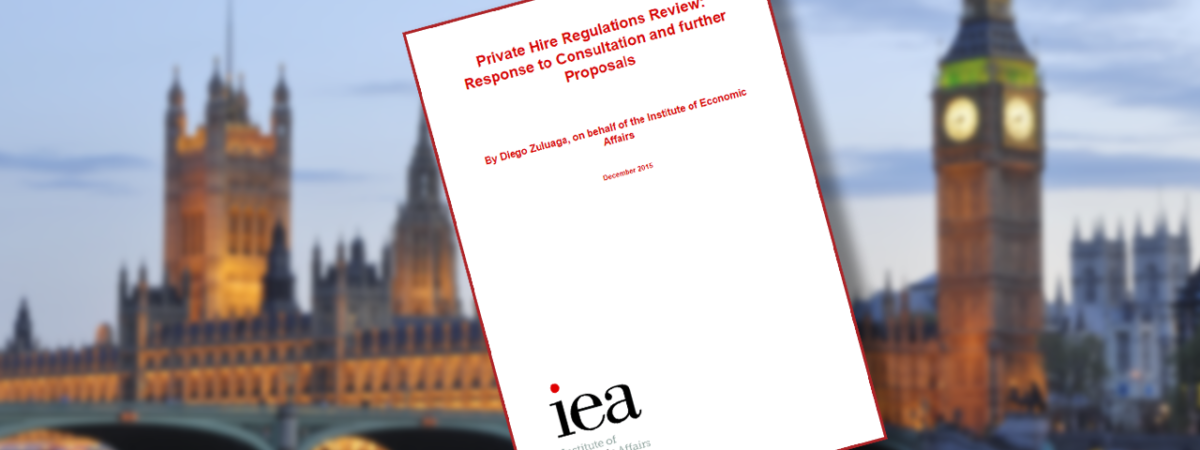Sugar taxes: A briefing
SUGGESTED

Don't let the lights go out at Christmas - EU policies hampering UK electricity market

New IEA briefing explains why proposed hire regulation would harm competition

New IEA briefing explains why a sugar tax would be regressive & wrong
- Demand for sugary drinks, snacks and fatty foods is inelastic. People tend to be quite unresponsive to price hikes and do not significantly change their shopping habits.
- Consumers respond to switching to cheaper brands of the product or shopping in cheaper shops. This leads to the consumption of inferiror goods rather than the consumption of fewer calories.
- Consumers respond by switching to cheaper brands of the product or shopping in cheaper shops. This leads to the consumption of inferior goods rather than the consumption of fewer calories.
- Taxes on sugary drinks lead consumers to switch to other high calorie drinks such as fruit juice, milk or alcohol.
- Taxes on energy-dense food and soft drinks take a greater share of income from the poor than the rich. This regressive effect is exacerbated by low income consumers being less reponsive to price changes than the rich.
- No impact on obesity or health outcomes has ever been found.
This paper was featured in The Telegraph, CityAM and The Sun
To read the press release, click here.
Fullscreen Mode




